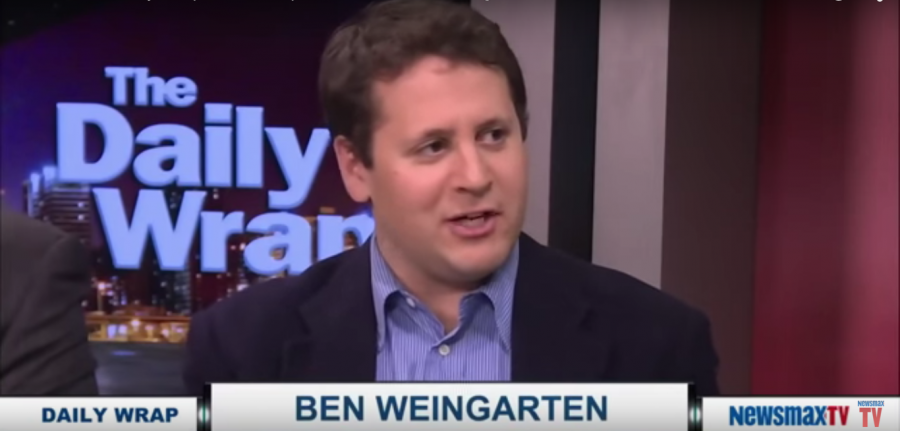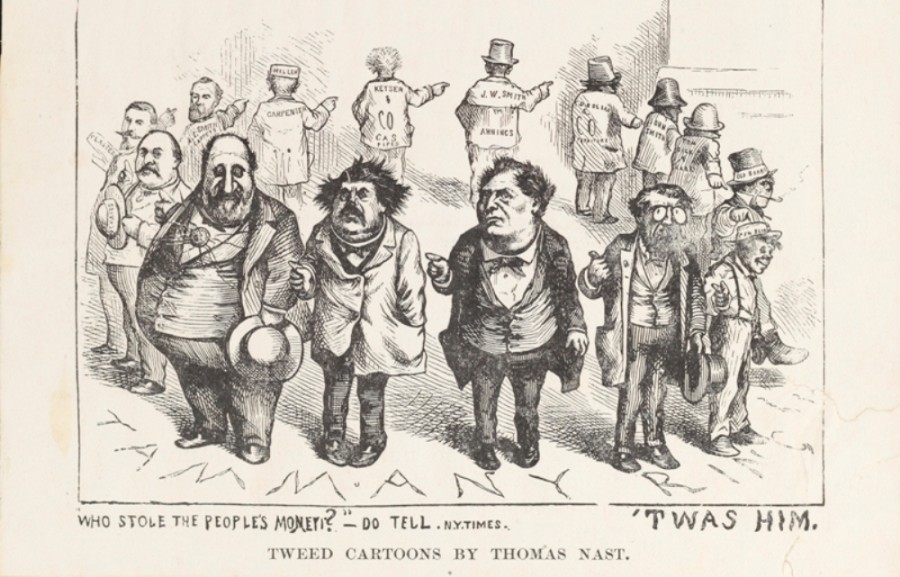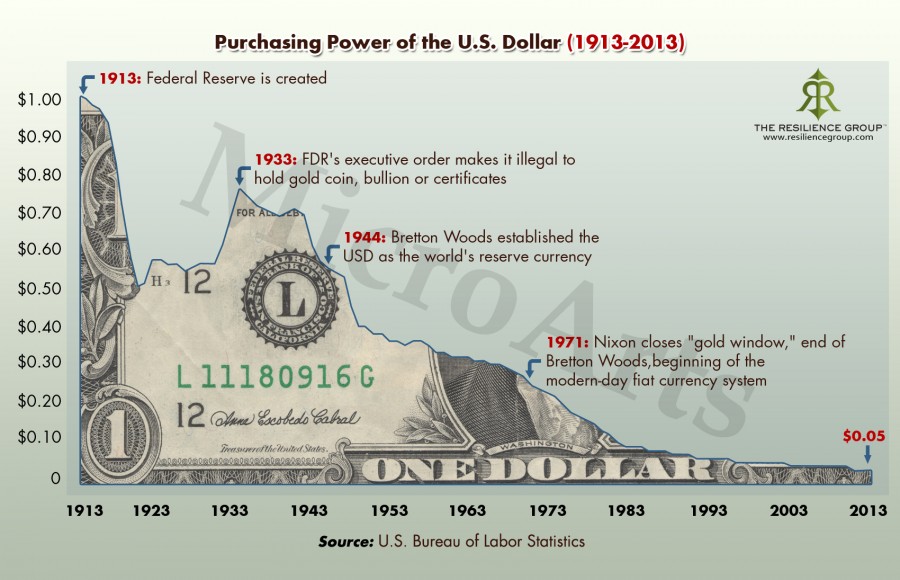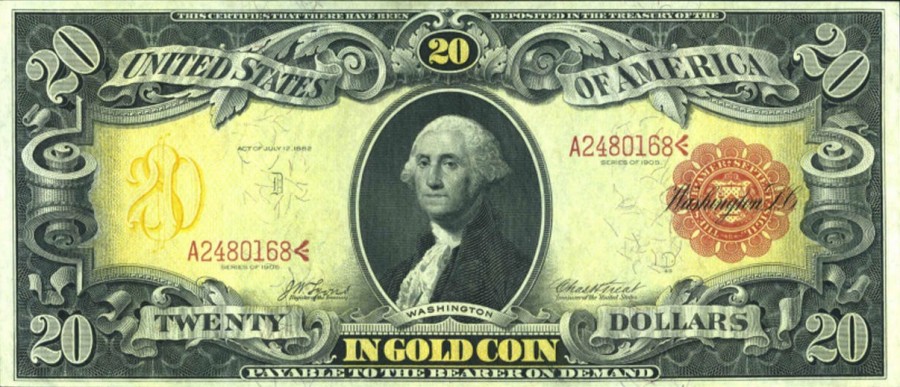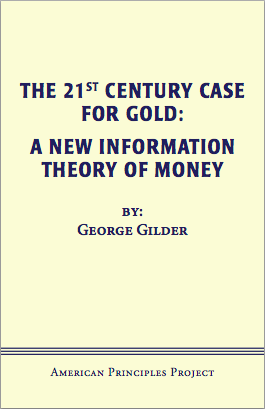Jim Epstein’s bombshell reporting for Reason magazine — which poked holes in the New York Times‘ viral multi-part series on supposed systemic underpayment, exploitation and abuse of primarily young Asian and Hispanic nail salon workers in New York — finally received a response from the Times‘ public editor Margaret Sullivan.
Much can and will be written about what may be the latest chapter in the annals of journalistic malfeasance, this one allegedly consisting of shoddy and/or one-sided reporting in order to meet a favored narrative. And this is no small aside mind you, as as I have argued many times, today narrative is omnipotent — it trumps all else including truth.
But it was a line in Sullivan’s response on behalf of the Times tangential to the nail salon story that might have proved the most shocking revelation of all.
Sullivan wrote:
The [New York Times] editors [involved with the nail salon investigation] objected to many elements of Mr. Epstein’s reporting, including his apparent defense of practices that allow undocumented or illegal immigrants to work in salons.
Could these editors of the New York Times actually be saying what I think they are saying?
The Times opposes jobs for illegal immigrants?
Has the long march for social justice halted?
What in the name of “Pinch” Sulzberger is going on?
Then again, to be fair, Ms. Sullivan does assert that she is particularly heartened when the Times takes up the causes of the “poor and voiceless.” Sullivan also notes that “The [nail salon] series and its author, Sarah Maslin Nir, had admirable intentions in speaking for underpaid or abused workers.”
Assuming that the Times pursues such stories according to actual journalistic standards — following the facts as opposed to shaping some and omitting others to form a predetermined narrative — this would be all well and good. Surely journalism is in part about exposing injustice.
But it appears that the Times feels no such compassion let alone empathy for those incurring significant harm by government due to regulation.
As Sullivan writes:
Until now, The Times has not responded to that [Reason’s] series because editors believe they defended the nail salon investigation fully when they responded to Mr. Bernstein’s complaints, and because they think the magazine [Reason], which generally opposes regulation, is reporting from a biased point of view.
But is not the Times reporting from a biased point of view to the degree to which it feels that by mere dint of a publication’s general opposition to regulation, its reporting is thereby illegitimate or ought to be ignored? What about making the voice of the hyper-regulated heard?
There are millions of other victims of the powers that be who remain voiceless thanks to the Times‘ political bent.
In an ideal journalistic world, victims of all types would be heard, and their stories told based on truth, not narrative.
Featured Image Source: Wikipedia Commons.


